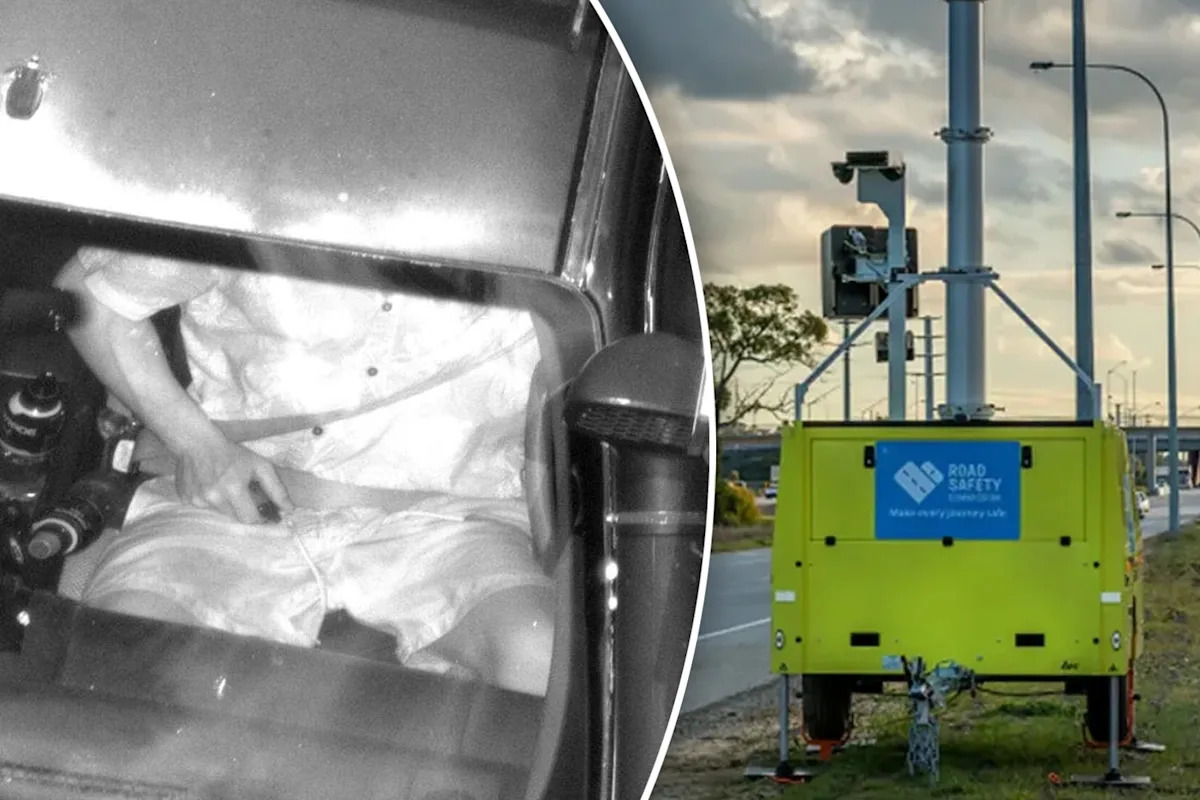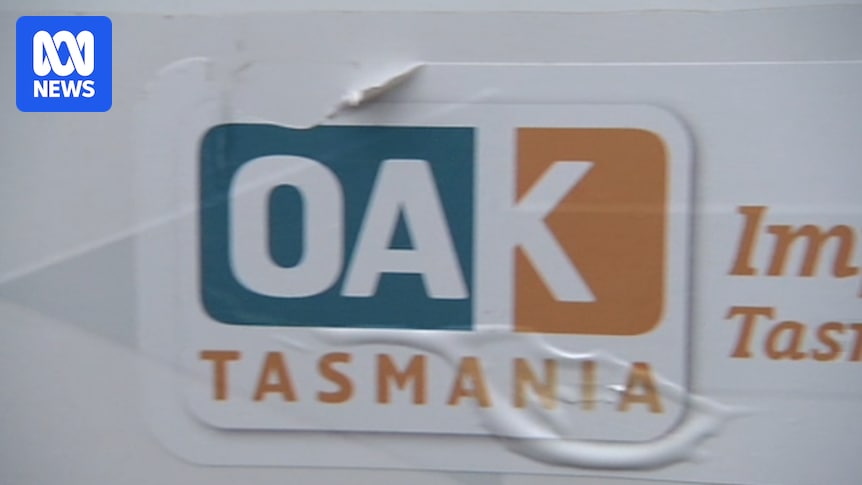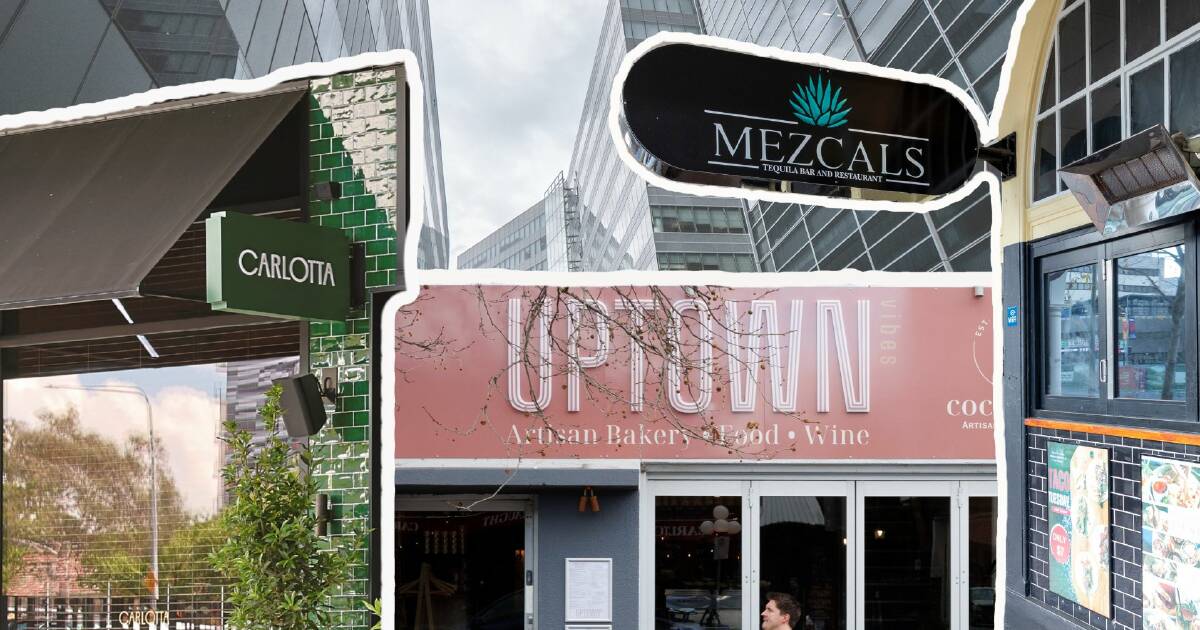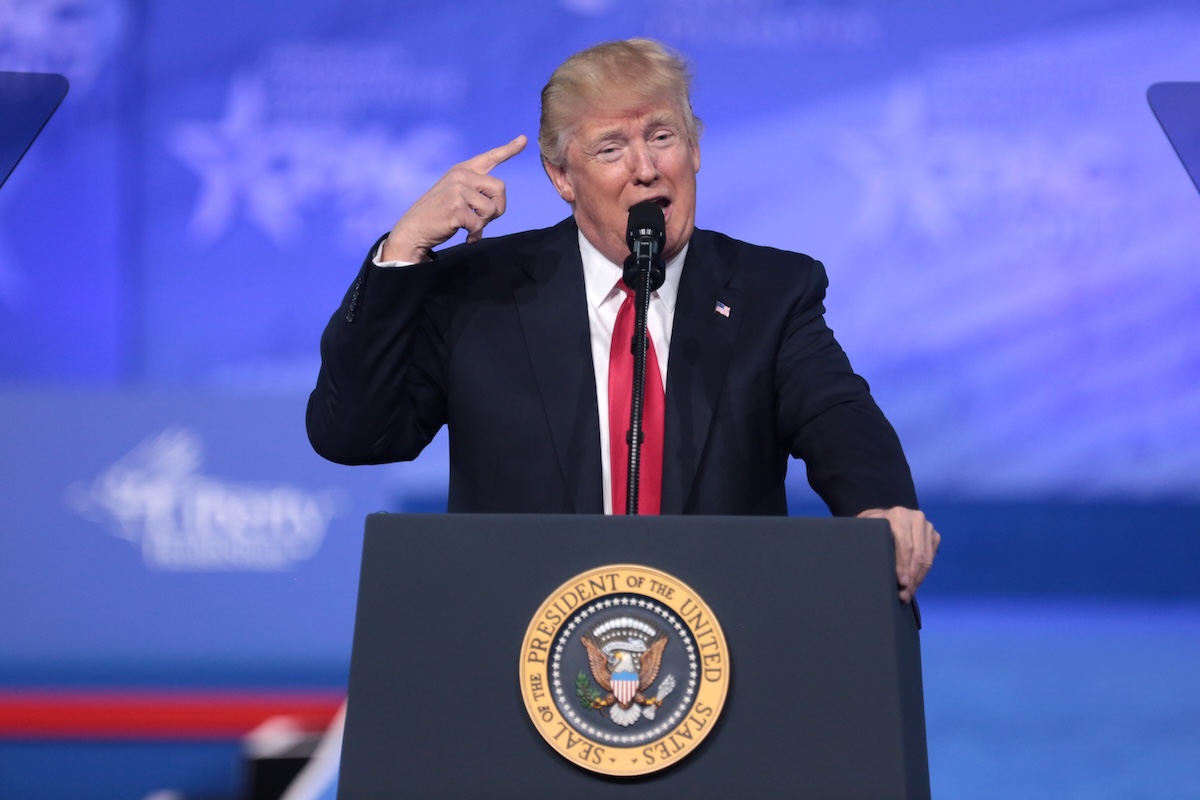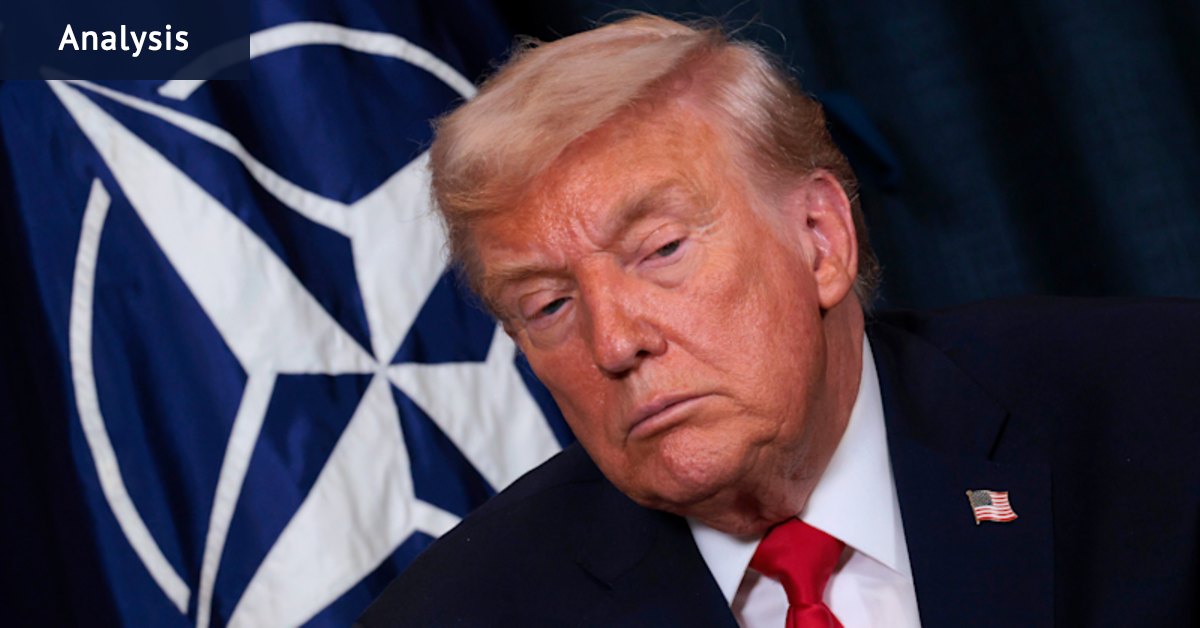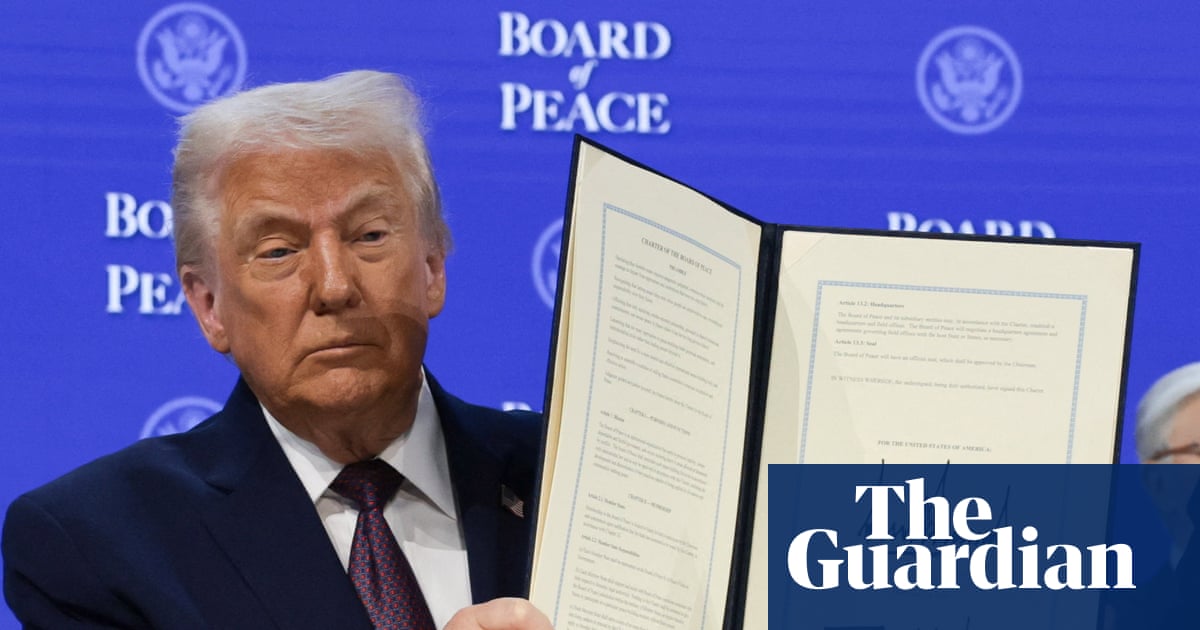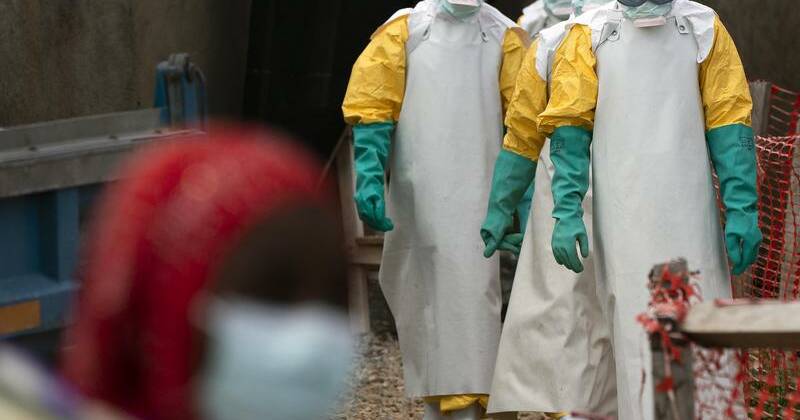
As a deadly Ebola outbreak claims dozens of lives in southern Congo, health authorities and organizations are urgently calling for international support. The outbreak, which has resulted in 57 cases and 35 deaths since its announcement on September 4, has overwhelmed local health facilities and exposed significant resource shortages.
The World Health Organization (WHO) reported on Wednesday that the fatality rate of the outbreak exceeds 61 percent. This marks the first Ebola outbreak in 18 years in Kasai province, a remote area of Congo known for its inadequate infrastructure and poor road networks, situated over 1,000 kilometers from the capital, Kinshasa.
The Red Cross is appealing for A$38 million to help contain the outbreak. “We urgently need our partners and donors to step up and support this lifesaving response to ensure we can contain the outbreak quickly and protect the most vulnerable communities,” said Susan Nzisa Mbalu, head of communications for the International Federation of Red Cross and Red Crescent Societies Africa.
Resource Shortages and International Response
The International Federation of Red Cross and Red Crescent Societies (IFRC) has issued an appeal for $25 million (A$38 million) to provide urgent assistance to nearly one million people. The IFRC warns that health facilities are overwhelmed, with critical shortages of clean water and protective equipment.
The Bulape health zone, identified as the epicenter of the outbreak, is experiencing severe strain, operating at 119 percent capacity. Health officials express concern over the impact of US funding cuts, as the US has historically supported Congo’s Ebola responses. Mathias Mossoko, the Ebola Response Coordinator in Bulape, noted that while the US government has provided “some small support,” details remain unspecified.
Funding Gaps and Vaccination Efforts
WHO spokesperson Tarik Jasarevic highlighted the funding shortfall for the outbreak response, stating that the organization currently has only a $2 million (A$3.06 million) emergency fund and approximately $2.3 million (A$3.5 million) from the United Kingdom, Germany, and the Gavi vaccine alliance. This is significantly below the WHO’s projected cost of $20 million (A$30.6 million) needed over the next three months.
“Without immediate support, gaps in operations will persist, jeopardizing efforts to contain the outbreak and protect vulnerable communities,” Jasarevic said.
Vaccination efforts are also lagging, with only 1,740 people vaccinated across three health zones in Kasai province as of September 21. The Bulape zone alone has a population exceeding 212,000, according to 2020 United Nations figures, underscoring the scale of the challenge.
Historical Context and Future Implications
This outbreak in Kasai province is a stark reminder of the ongoing vulnerabilities in regions with limited healthcare infrastructure. The last Ebola outbreak in Congo’s Kasai province occurred nearly two decades ago, highlighting the cyclical nature of such health crises in the region.
Experts warn that without adequate international support and rapid mobilization of resources, the outbreak could escalate, affecting more communities and potentially spreading beyond the region. The situation underscores the importance of global cooperation in addressing health emergencies, particularly in areas with fragile health systems.
Looking ahead, the international community’s response will be crucial in determining the outbreak’s trajectory. As organizations like the WHO and IFRC continue to appeal for funds and resources, the world watches closely, hoping for a swift and effective containment of the virus.
